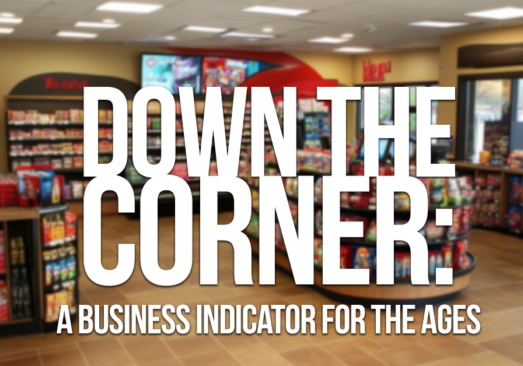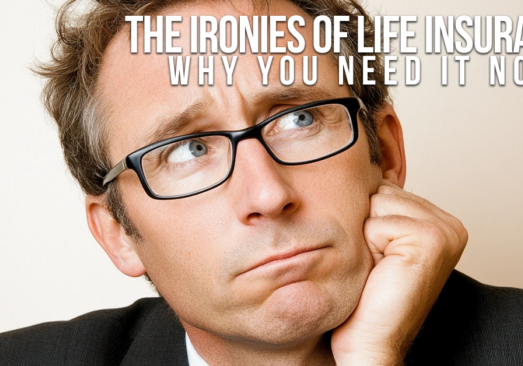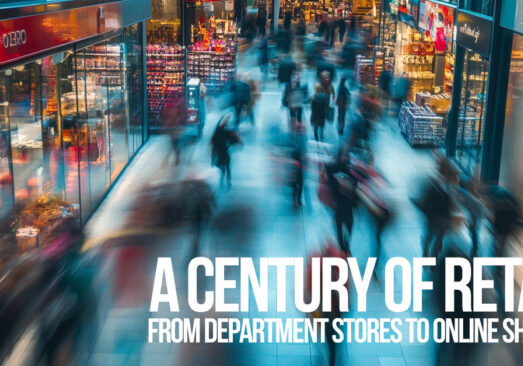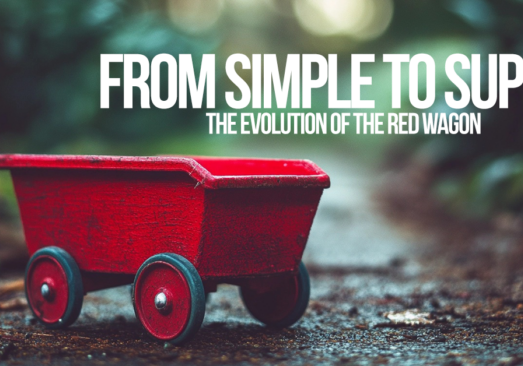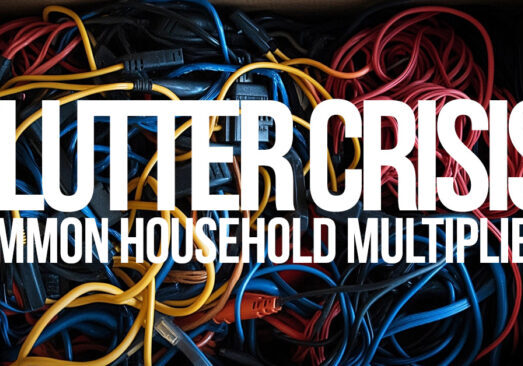A Century of Retail: From Department Stores to Online Shopping
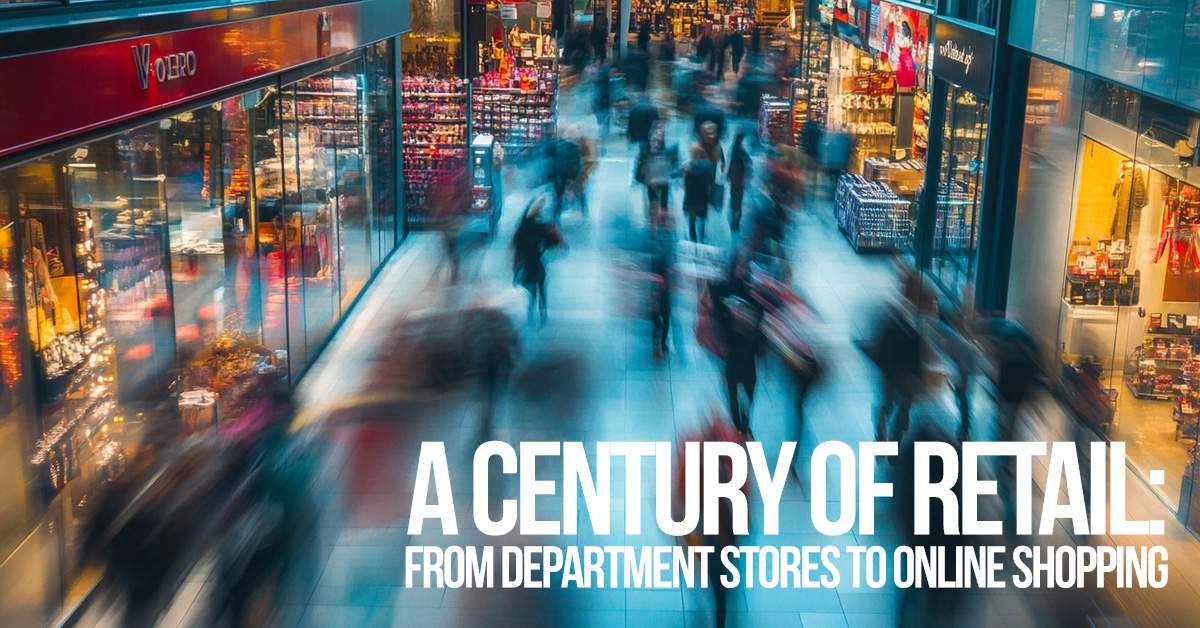
A Century of Retail: From Department Stores to Online Shopping
The way we shop has undergone a dramatic transformation over the past century. From the grandeur of department stores to the convenience of online shopping, retail has evolved to meet the changing needs and preferences of consumers. Let’s take a journey through the history of retail sales.
Department Stores: The Pioneers of Retail
Department stores emerged in the late 19th century as a response to the growing urban populations and the increasing demand for a wide variety of goods. These massive retail establishments offered a one-stop-shop for consumers, with separate departments for clothing, home goods, electronics, and more. Iconic department stores like Macy’s, Sears, and Wanamaker’s played a significant role in shaping the retail landscape.
The Rise of Catalog Shopping
Catalogs were another major innovation in the retail industry. Companies like Sears, Roebuck and Co. and Montgomery Ward produced massive catalogs that featured a vast array of products. Customers could browse the catalog at home, select their items, and mail in their orders. Catalog shopping was particularly popular in rural areas where access to brick-and-mortar stores was limited.
The Five-and-Dime Era
In the early 20th century, five-and-dime stores gained popularity. These stores offered a wide range of inexpensive goods, typically priced at five cents and ten cents. Chains like F.W. Woolworth and Kresge dominated the five-and-dime market, providing affordable shopping options for consumers.
Suburban Malls: The Shopping Centers of the Mid-20th Century
The suburban mall emerged as a dominant retail format in the mid-20th century. These enclosed shopping centers offered a variety of stores, restaurants, and entertainment options in a convenient, climate-controlled environment. Suburban malls became a cultural touchstone, attracting shoppers from nearby communities.
The Discount Store Revolution
Discount stores like Walmart disrupted the retail landscape in the latter half of the 20th century. These stores offered lower prices on a wide range of products, challenging traditional retailers. Walmart’s success paved the way for other discount retailers, such as Target and Kmart.
The E-commerce Boom
The internet revolutionized the retail industry, giving rise to the e-commerce boom. Online retailers like Amazon and eBay transformed the way consumers shop, offering convenience, selection, and competitive prices. The COVID-19 pandemic accelerated the shift to online shopping, as consumers sought to avoid physical stores and minimize contact.
The Future of Retail
As technology continues to advance, the retail landscape is likely to evolve further. Omnichannel retailing, which combines physical stores with online shopping, is becoming increasingly popular. Augmented reality and virtual reality are also being explored as tools to enhance the shopping experience.
The retail industry has come a long way since the days of department stores and catalogs. From the rise of suburban malls to the dominance of online shopping, retailers have constantly adapted to changing consumer preferences and technological advancements. The future of retail is likely to be marked by further innovation and disruption.
Contact Us
OUR LOCATION
2010 Crow Canyon Place, Suite 100 San Ramon, CA 94583
1-925-683-9743
CA License #0B30027
© Copyright 2024 Michael Smith Insurance Solutions | All Rights Reserved
Site by ICA Agency Alliance
2010 Crow Canyon Place, Suite 100 San Ramon, CA 94583
1-925-683-9743
CA License #0B30027
© Copyright 2024 Michael Smith Insurance Solutions | All Rights Reserved
Site by ICA Agency Alliance





















